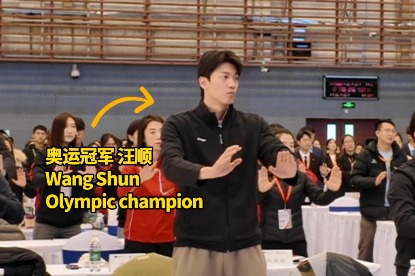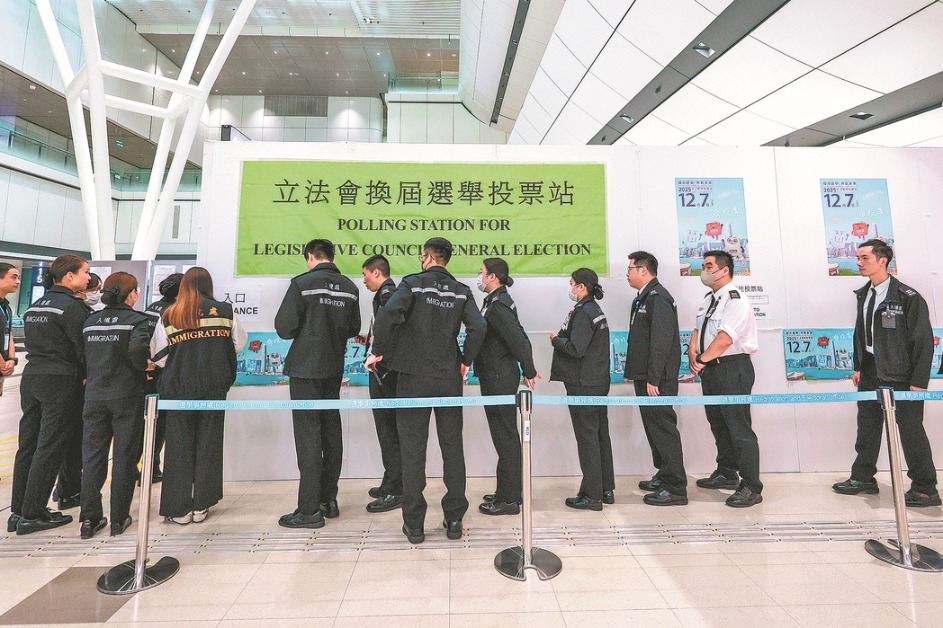Wealth to treasure

Real value is in the benefits derived from sustainable development not financial assets

Sustainable development is necessarily measured in a multi-dimensional way.
Real wealth is embedded in productive factories, healthy citizens, resilient social networks, motivated employees, satisfied customers, patient and enlightened investors, access to food and energy, healthy ecosystems, nutrient-rich soil, clean water and clean air.
While in theory financial wealth can be calculated from the value of real wealth, in practice the monetary value of many types of capital is not easily measured. Hence, financial or monetary wealth is but a poor shadow of real wealth. We will never be happy to live in polluted environments and toxic societies, however much financial wealth we accumulate.
Ultimately, the bank accounts, stock certificates, corporate debentures and government bonds that we have must be converted into healthy surroundings, clean air and water, affordable and effective healthcare and the provision of a happy life for family and friends. Monetary savings therefore do not amount to much unless combined with sustainable development for all.
Sustainable development is the opposite of putting our trust in financial wealth. Sustainable development means we invest in the smiles of our children when they have time to play outside, the excitement of a recent graduate going to work in a fulfilling job, the joy and utility of discovering new knowledge and the security of an effective and accessible healthcare system. It means we invest in the beauty of our rivers and mountains, of a rural landscape whose inhabitants find meaningful work sustaining healthy ecosystems. Unlike financial wealth which is measured in renminbi or dollars or other currencies, no one can take the wealth of sustainable development away from us. This is encapsulated in the Chinese saying that heaping up gold is not as good as accumulating grain.
The Integrated Reporting Framework of the International Financial Reporting Standards recognizes six types of capital, and financial capital is just one of them (the others are manufactured, intellectual, human, social and relationship, and natural capital). The philosophy of the sustainable development measurement system should recognize the value of many different types of capital, or wealth. It should build on the economic concept that financial capital consists of mere paper claims on real capital. Real capital comprises human, natural, social and other forms of capital.
The 2023 China Sustainable Development Indicator System report demonstrates a dramatic improvement in the level of China's sustainable development. The index has increased from a level of 58.9 in 2017 to a level of 84.9 in 2023. The two most impactful categories driving this improvement are social welfare and livelihood and consumption and emissions. Improvements in social welfare and livelihood comprised advances in educational attainment, expenditure and cultural access, social security coverage, public health access and rural poverty alleviation. The period also witnessed strong reductions in the environmental intensity of economic activity, as measured by land, water and energy consumption and pollution per unit of GDP. The report is a fruit of a multi-year collaboration between Chinese and US researchers.
Despite the vicissitudes of global power politics, academic cooperation proceeded with mutual trust and collegial sharing of knowledge. There are many countries around the world, in Latin America, in Africa, in the Middle East, in South Asia and Southeast Asia, in the Belt and Road Initiative, in the BRICS+ countries and beyond, that will benefit from the knowledge that China has developed in the management of sustainable development. It is important to invest additional effort to disseminate the lessons from China's sustainable development experience to other countries who wish to learn from China's example.
China has not only been a leader in economic growth and poverty alleviation, but also shown significant improvement in the quality of life of its ordinary citizens and the health of its natural ecosystems. This experience demonstrates that sustainable development goes hand in hand with increasing economic activity, vibrant trade, investment in infrastructure and the absence of conflict.
Perhaps the greatest obstacle to sustainable development faced by the world today is the limited level of international collaboration and the dearth of sincerely negotiated win-win agreements. The pace of knowledge sharing remains slow and the scale of sustainable development finance is a minuscule fraction of what is needed. We need investments in the global public good of human and social capital. Easing the barriers to people-to-people contacts and fostering inter-country collaboration in research and training are essential, not just among the major powers, but also for smaller countries which need access to world-class expertise to facilitate innovation and remain competitive.
We also need to deploy financial capital in ways that enhance the value of natural and human capital. The social and environmental impact of any financial investment must be carefully considered and should constitute a key rationale for equity and debt flows. In order to achieve this, the financial sector in every country must build a practice of evaluating the holistic return on investments. This requires going beyond financial analysis which merely measures success in monetary terms to cost-benefit analysis that integrates social costs and benefits in many dimensions.
We all must work together to achieve sustainable global development. As the Chinese saying goes, a single strand of silk is not enough to make a thread nor a single tree sufficient to be a forest. In the context of sustainable development, success must be measured in many dimensions, and the community of nations must strive to achieve it together.
The author is a professor of practice in sustainability management at Columbia University. The author contributed this article to China Watch, a think tank powered by China Daily. The views do not necessarily reflect those of China Daily.
Contact the editor at editor@chinawatch.cn
































